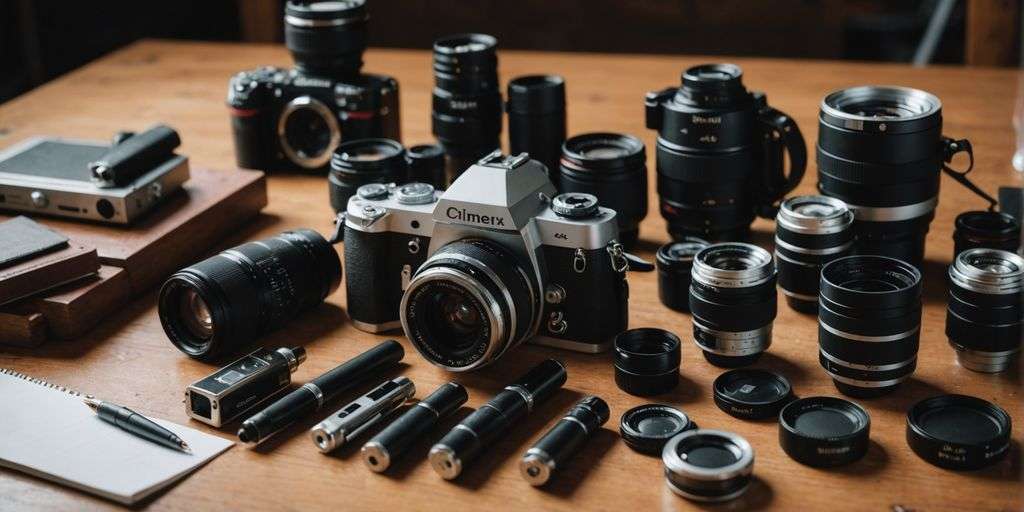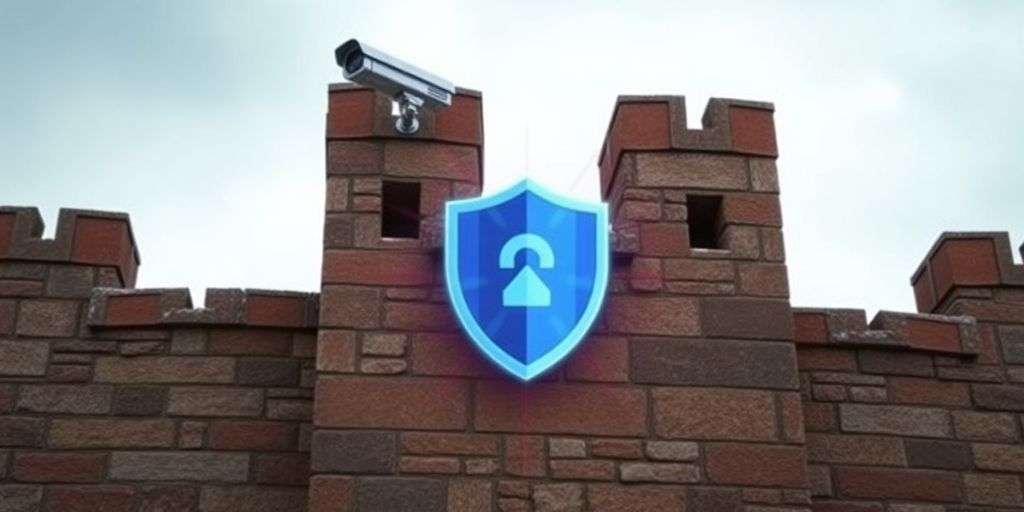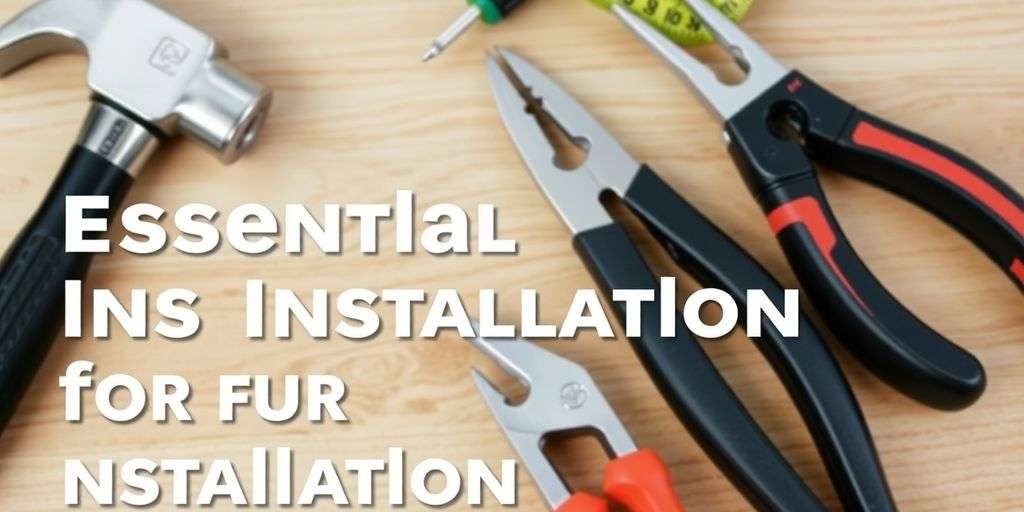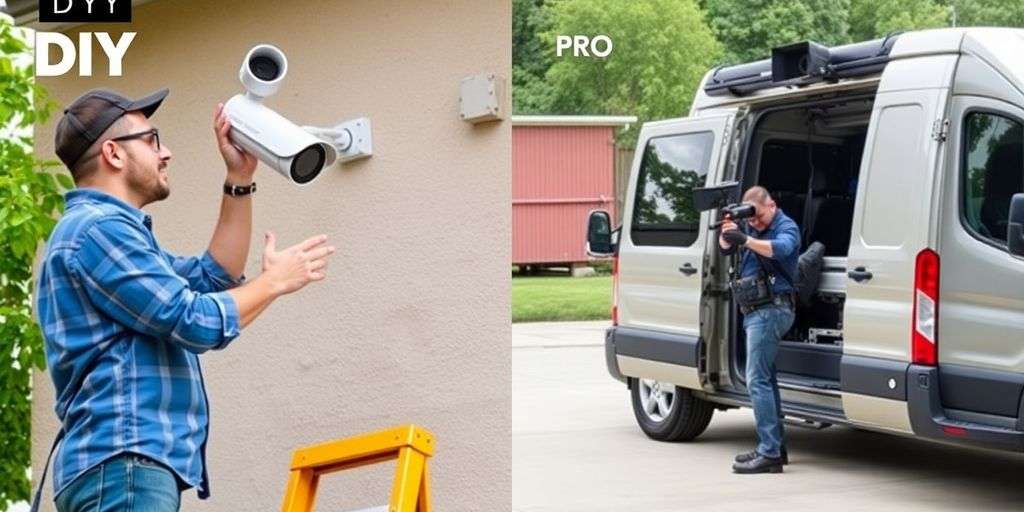Essential Hand Tools for Every Project

Hammers and Mallets
A hammer is a must-have in any toolkit. Whether you’re hanging pictures or assembling furniture, a good hammer will make the job easier. For more delicate tasks, a mallet can be used to apply force without damaging the material. Choosing the right hammer can make a big difference in your project’s outcome.
Screwdrivers and Wrenches
Screwdrivers and wrenches are essential for tightening and loosening screws and bolts. A set of both flathead and Phillips screwdrivers will cover most needs. Wrenches come in various sizes, so having an adjustable one can be very handy. These tools are crucial for tasks ranging from simple repairs to more complex installations.
Pliers and Cutters
Pliers and cutters are versatile tools that can grip, bend, and cut various materials. Needle-nose pliers are great for precision work, while wire cutters are essential for electrical projects. Having a set of these tools will prepare you for a wide range of tasks.
Investing in quality hand tools not only makes your work easier but also ensures better results. A well-equipped toolkit is the foundation of any successful DIY or professional project.
Power Tools: Elevate Your Efficiency
Drills and Drivers
Drills and drivers are essential for any DIY or professional project. They make tasks quicker and easier by providing the power needed to drive screws and drill holes with precision. Whether you’re assembling furniture or installing shelves, a reliable drill can save you time and effort. Consider investing in a cordless drill for added convenience and mobility.
Saws and Sanders
Saws and sanders are crucial for cutting and smoothing materials. A circular saw can make quick work of cutting wood, while a jigsaw is perfect for more intricate cuts. Sanders, on the other hand, help you achieve a smooth finish on surfaces. These tools are indispensable for any woodworking project, ensuring that your cuts are clean and your surfaces are polished.
Grinders and Polishers
Grinders and polishers are used for shaping and finishing materials. A grinder can be used to cut, grind, and polish metal, while a polisher is ideal for giving surfaces a shiny finish. These tools are particularly useful in metalworking and automotive projects, where precision and a high-quality finish are essential.
Investing in the right power tools can significantly improve your efficiency and the quality of your work. Whether you’re a DIY enthusiast or a professional, having the right tools at your disposal is crucial for optimal performance.
Safety Gear: Protecting Yourself on the Job
Eye and Ear Protection
When working on any project, protecting your eyes and ears is crucial. Safety glasses shield your eyes from flying debris, while earplugs or earmuffs guard against loud noises that can damage your hearing. Always choose gear that fits well and is comfortable to wear for extended periods.
Gloves and Respirators
Wearing gloves can prevent cuts, scrapes, and chemical burns. Depending on the task, you might need different types of gloves, such as latex for light work or heavy-duty for more demanding jobs. Respirators are essential when dealing with dust, fumes, or other airborne particles. Make sure your respirator fits snugly and is appropriate for the materials you’re handling.
Workwear and Footwear
Proper workwear and footwear are vital for safety and comfort. Sturdy, non-slip boots protect your feet from heavy objects and sharp items on the ground. Durable clothing, like overalls or work trousers, can shield your skin from spills and abrasions. High-visibility clothing is also a good idea if you’re working in low-light conditions or around moving vehicles.
Safety gear is not just an option; it’s a necessity. Always prioritise your well-being by wearing the appropriate protective equipment for every task.
Organising Your Workspace
Tool Storage Solutions
Before starting any project, it’s crucial to organise your workspace. Clear any clutter and ensure you have enough room to move around comfortably. Having a clean and organised workspace not only makes the assembly process more efficient but also reduces the chances of misplacing tools or materials. Consider using small containers or trays to keep screws, nuts, and other small parts organised and easily accessible.
Workbenches and Tables
A sturdy workbench or table is essential for any DIY or professional project. It provides a stable surface to work on and can help keep your tools and materials in one place. Make sure your workbench is at a comfortable height to avoid strain during long projects. If possible, choose a workbench with built-in storage to keep your workspace tidy.
Lighting and Ventilation
Good lighting is vital for any workspace. It helps you see what you’re doing and reduces eye strain. Natural light is best, but if that’s not possible, invest in some good quality artificial lighting. Additionally, proper ventilation is important, especially if you’re working with materials that produce fumes or dust. A well-ventilated workspace will help keep you safe and comfortable while you work.
Remember, a well-organised workspace is the foundation of any successful project. Take the time to set it up properly, and you’ll find your work becomes more efficient and enjoyable.
Conclusion
In the end, whether you’re a seasoned DIY enthusiast or just starting out, having the right tools makes all the difference. It not only helps you work more efficiently but also ensures that your projects turn out great. Remember, preparation is key. By gathering all the necessary tools and supplies beforehand, you set yourself up for success. So, take the time to plan, gather your essentials, and enjoy the process of creating something amazing. Happy building!
Frequently Asked Questions
What are some essential hand tools for beginners?
For beginners, it’s good to start with a hammer, a set of screwdrivers, pliers, and a measuring tape. These tools are useful for many basic tasks.
Why is safety gear important when working on DIY projects?
Safety gear is important because it protects you from injuries. Wearing gloves, goggles, and ear protection can help you avoid accidents and stay safe.
How can I keep my workspace organised?
You can keep your workspace organised by using toolboxes or pegboards to store your tools. Having a clean and well-lit area to work in also helps.





